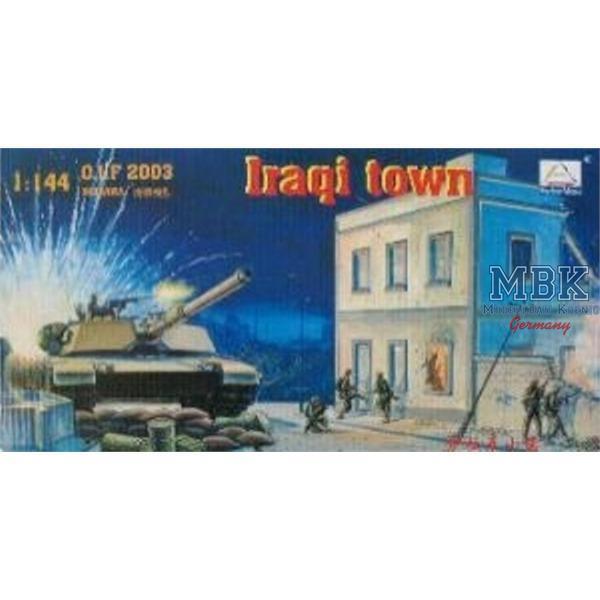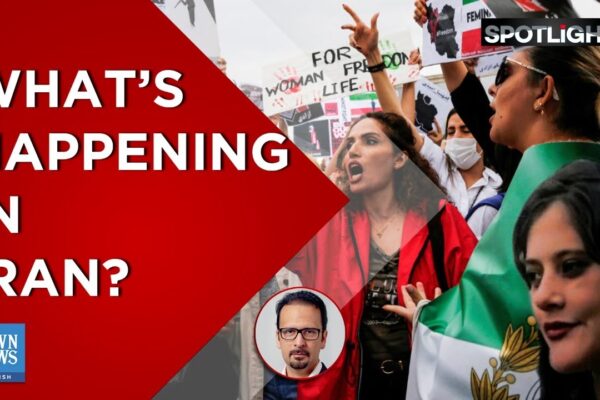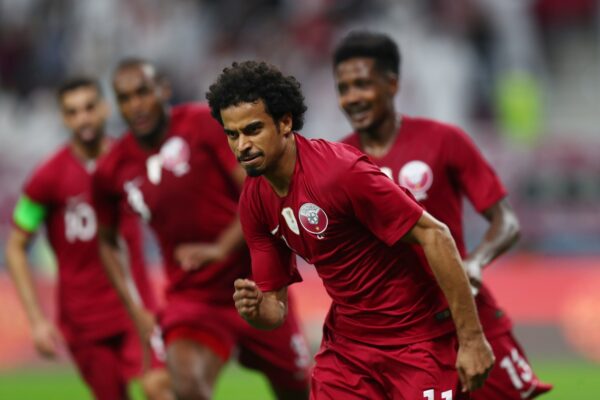
Introduction
As a country rich in history and cultural significance, Iraq is currently faced with numerous challenges that affect its political stability and economic recovery. The ongoing developments are crucial not only for the Iraqi people but also for international relations in the Middle East, making the situation highly relevant for global observers and policymakers alike.
Ongoing Political Developments
In recent months, Iraq has witnessed significant political activity, particularly following the parliamentary elections held in October 2021. The formation of a new government has been marred by protests and instability, with political factions struggling to agree on a unified approach to governance. Prime Minister Mohammed Shia’ al-Sudani, who took office in late 2022, has been working to address public discontent stemming from corruption, inadequate public services, and a struggling economy shaped by a lack of jobs and investment.
Additionally, protests erupted in August 2023 in response to perceived government failures to combat rising inflation and unemployment. The protests primarily involved young Iraqis who seek greater transparency and accountability from their leaders. Such demonstrations highlight the citizens’ frustration and the need for effective governance amidst growing discontent.
Economic Situation
The economic landscape in Iraq is heavily influenced by oil revenues, which constitute a significant portion of the national budget. However, fluctuations in oil prices, compounded by the long-standing effects of conflicts, have hampered the country’s economic growth. Recent data indicates that Iraq’s oil production has rebounded slightly, yet the country remains vulnerable to external economic shocks.
The Iraqi government aims to diversify its economy away from an oil-dependent model. Initiatives are underway to invest in agriculture, tourism, and infrastructure development. Nevertheless, the persistent challenges of corruption and bureaucratic inefficiencies slow down progress. The Shahristan Project aiming to rejuvenate agricultural production is gaining attention, although its success is yet to be assessed against the backdrop of existing economic woes.
Conclusion
The situation in Iraq is a complex interplay of political struggles and economic difficulties. As the government navigates internal pressures and external challenges, the importance of unity and effective governance cannot be overstated. The coming months will be crucial for Iraq; the international community will be keenly watching how the Iraqi leadership addresses both the protests and ongoing economic reforms. The resilience and activism of Iraqi citizens will also play a significant role in shaping the future of the nation, and understanding their drive for change will provide deeper insights into Iraq’s potential trajectory.
You may also like

Understanding the Current Political Landscape in the UK

Current Events: What’s Happening in Iran
